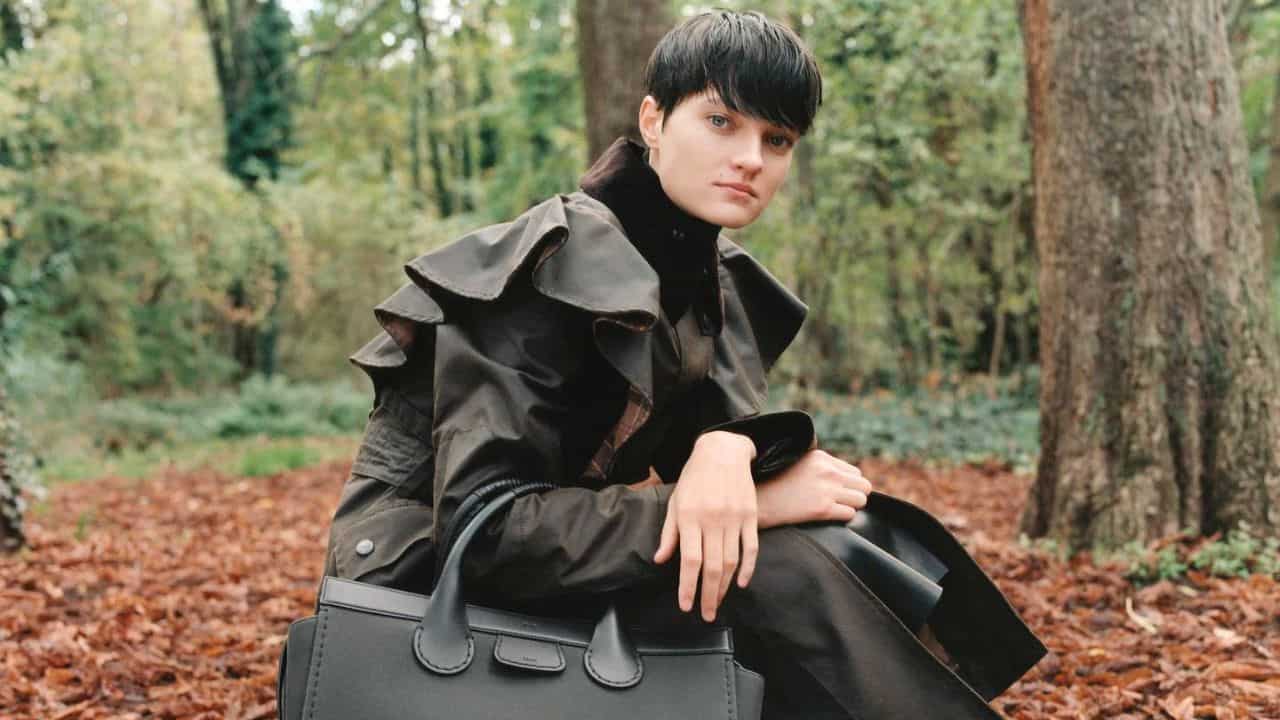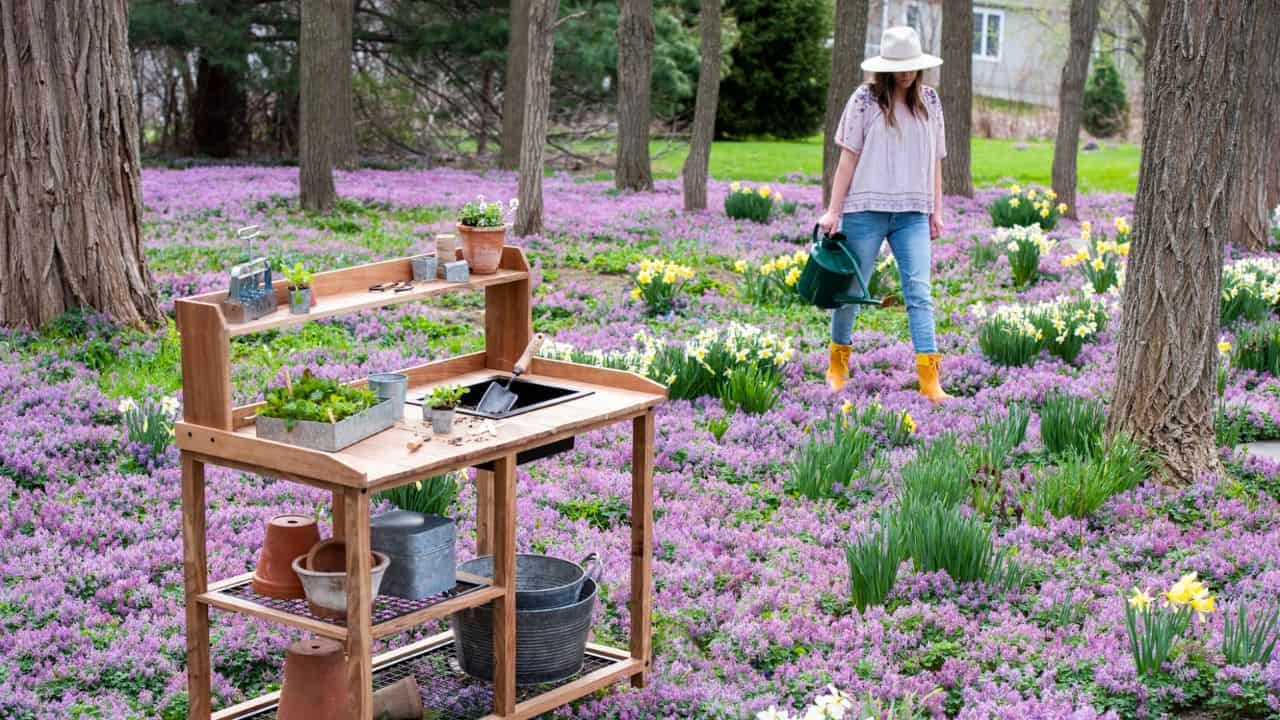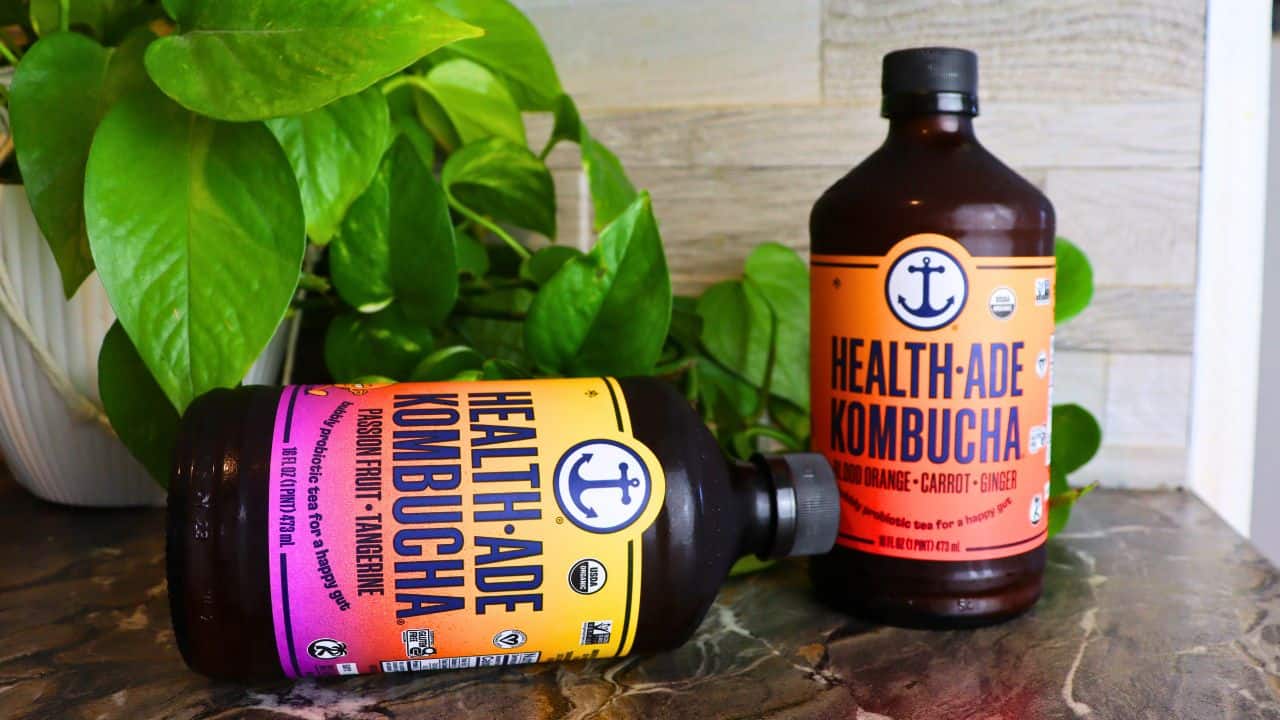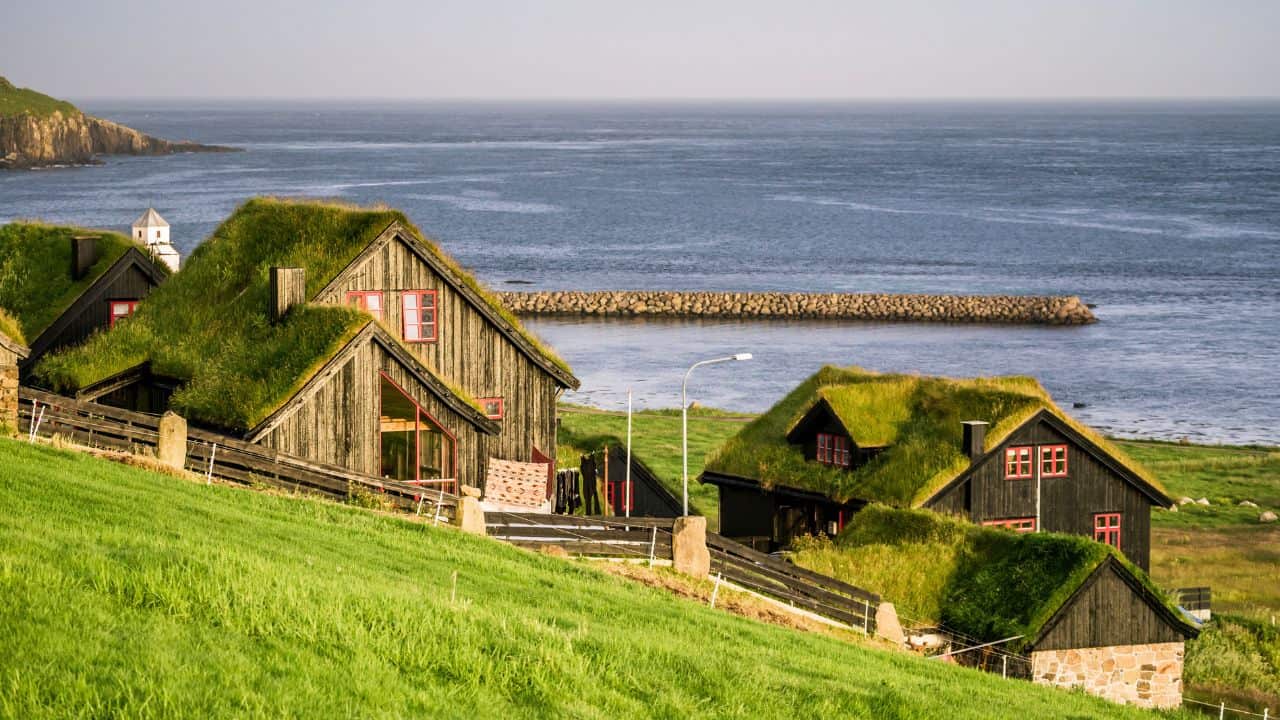While older people might huff and puff and call those under 23 ‘snowflakes’, the reality is the latest generation are the greenest yet, with environmental activism, climate realism and community building high on the agenda in their free time.
To quote Greta Thurnberg: ‘When we start to act, hope is everywhere. So instead of looking for hope, look for action. Then the hope will come.’
From Greta Thunberg down to heroes pushing for changes in their local environment, new book, ‘You Can Change The World‘ (Jessica Kingsley Publishers) showcases 50 teenagers positively changing the world – from highlighting refugee rights to rescuing hens from battery cage misery.
Meet five teenagers who spoke to the book’s author, Margaret Rooke, about their passions, inspiration and hopes for a greener future.
“It’s important that adults don’t underestimate young people. Give us support.”
Katie Hodgetts is the book’s foreword writer. She’s 23 and lives in Bristol, UK.
“When I joined the UK Youth Climate Coalition it was such an empowering experience to stand shoulder to shoulder with all these inspirational teenagers and young people. Since then I have campaigned with different groups, occupied a fracking site for three days, protested outside Parliament, given speeches at rallies and festivals, taken part in panel discussions and even became a finalist for the Global Youth Awards 2018. Anything is possible.
Co-organising the Bristol Youth Strike 4 Climate moved me to tears, to see these young people taking a stand. The ripple effect these strikes have created in so many countries gives me such hope and optimism for the future.
If you want to see change, I encourage you to write, talk, vlog, campaign, protest, march: inspiration comes in many shapes and sizes. My friends used to say to me, ‘Why are you always bringing down the mood? Can’t we talk about parties and boys?’ So I started to put my frustrations down on paper and now I am a columnist for The Ecologist. The pen is definitely mightier than the sword.
It’s important that adults don’t underestimate young people. Give us support. Don’t patronise us. Just look at Greta Thunberg. She’s such a great example of how young people can step outside of the democratic process and force people to listen. She’s our amazing Climate Beyoncé!”

“I think my age helped me. Everything seemed so clear.”
Lucy Gavaghan is 17 and lives in Sheffield, UK.
“When I was 12, I visited a farm and became attached to a hen, who was injured. I started calling her Mrs Hen and carried her around a lot, hoping she would soon recover.
Purely out of interest, I started looking at how hens are treated commercially. I found out about the conditions experienced by caged hens: farming behaviour that seemed so stark compared with the life of the flock I had got to know. I started writing letters to supermarkets and politicians about this.
Quickly, I realised how little the letters were being taken notice of.
I was fuelled with a need to do something, so I worded an online petition about banning eggs from caged birds at Tesco. In the end, I sent 280,000 signatures to Tesco.
When I was 14 I was invited to meet with Tesco’s Head of Agriculture and a Community Manager. I knew the meeting could be overwhelming if I let it be, but I was absolutely focused on getting them to make a change.
I said to them, ‘Regardless of the outcome of this petition, I will keep going. I will carry on.’ A few weeks later they put out a press release which talked about ending the sale of eggs from caged hens. I was shocked and completely elated.
I switched the pressure onto Asda and Morrisons and they made the same pledge as Tesco.
There must be something about being a teenager that makes me feel that this is a great point to look around and think, ‘Is this the kind of world I want I want to grow up in?’ I think my age helped me. Everything seemed so clear.
I will always be grateful that I met the wonderful Mrs Hen. Sometimes the smallest moments can spark the most incredible changes.”

I believe young people have an advantage – we don’t overthink things in the way that adults do –
“I was only 11 but I decided to apply for Kumi’s job.”
Betty Humphries is 13 and lives in Utrecht, The Netherlands.
“When Kumi Naidoo left his job as CEO of Greenpeace International, he made a really inspiring speech about the problems in the world and how we need to work together to solve them. I was listening to what he was saying and felt completely inspired. I was only 11 but I decided to apply for Kumi’s job.
I knew I wouldn’t be chosen because Greenpeace is against child labour. But I wanted them to know that people my age had opinions too and we could also work to make change. In fact, I believe young people have an advantage – we don’t overthink things in the way that adults do.
I received a great reply from Kumi and from Greenpeace. They said, ‘When you are older, there will be a job here for you.’ Learning about the environment really touches me. I hate how it’s going: how people treat animals as if they are different from us and not as important as us. They are used by us when they are living things in the same way that we are. I’m also concerned about how we treat people of different races and anybody who’s different to us in any way.
I think we can change the world and make it a better place for everybody, all creatures and people. I think we can do this peacefully. Some people think they can’t change things because they are just one person, but if everyone thought that, nothing would get done. If everyone did one small thing, there would be a massive change. It’s as simple as that.”
If everyone did one small thing, there would be a massive change. It’s as simple as that
“Most teenagers are making an impact in ways that aren’t seen by adults.”
Natalia Paley Whitman is 17 and lives in Arlington, Virginia, USA.
“My passion is for environmental conservation, driven by the backpacking, kayaking and camping trips I have spent my life going on. I have a deep appreciation and love for nature.
I spent three weeks working on a conservation crew in three national forests in Oregon with seven other teenagers. I helped make hiking trails accessible by uprooting invasive plants, moving fallen trees and building runoffs so that the trails wouldn’t erode over time.
Those three weeks of work were the best in my life. Conservation work is a way for me to give back to the places that have given me so much, while also continuing to be immersed in the beauty of it all.
I’ve spent six months interning at the Student Conservation Association. This gave me the opportunity to see what it’s like to work in an environmental field, alongside professionals who are just as passionate about conservation as I am.
Climate change is a huge issue that everyone should be fighting. My time in nature has showed me this and it’s up to my generation and the ones after me to continue to fight for our planet.
My friends are also conscious of the world we are living in. Many are involved in youth groups and do community service and social action projects through them. Everyone is doing good in the world in their own way.
I think it’s easy for adults to assume that teenagers can’t see the bigger picture. In some cases, this attitude might be valid, but most teenagers are making an impact in ways that aren’t seen by adults.”

“We don’t want marine life to die. They were here before us.”
Parry Hill is 21 and lives in Devon, UK.
“Since I was a little kid I have lived by the sea. I go surfing and the ocean means a lot to me. It helps me when I’m stressed but even on a good day, if you go to the ocean, it just makes everything feel better. Being on the water clears your head; you can focus on yourself and what you are doing at that very moment. When you surf, you have to be aware of what you’re doing. I have surfed around the world and I know those waves can kill you.
The ocean helps you see how small you are and how small your problems are.
Now, together with a friend, I go into schools, talking to kids. Our message is ‘Next time you go to a beach, take a couple of minutes to pick up after yourself – and tell everyone else how important this is.’
These children are the next generation. We want them to tell their parents what we’ve said and tell them not to drop things on the beach. Then no one will have to spend their life picking up litter. Pick up a few pieces and the ocean is much cleaner and much safer for everyone.
It’s not fair that children will grow up with dirty beaches and have to worry about something floating past them in the water; they should have the right to enjoy it just as we have.
David Attenborough’s TV programme The Blue Planet really helped to explain how big the problem of plastic is in our oceans. I think people are making more of an effort to carry rubbish with them to the bins. We don’t want marine life to die. They were here before us.”
What are you doing to make a change?
Take a look at these suggestions to help you tackle ocean plastic, plastic pollution and food waste and be inspired by these teenage activists.
How to reduce your food waste at home – tips and hacks from the UK’s top chefs










